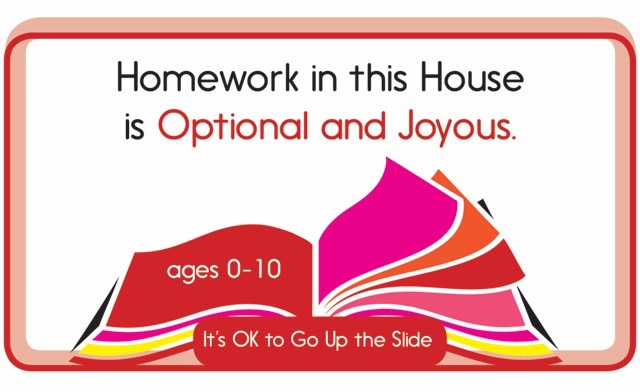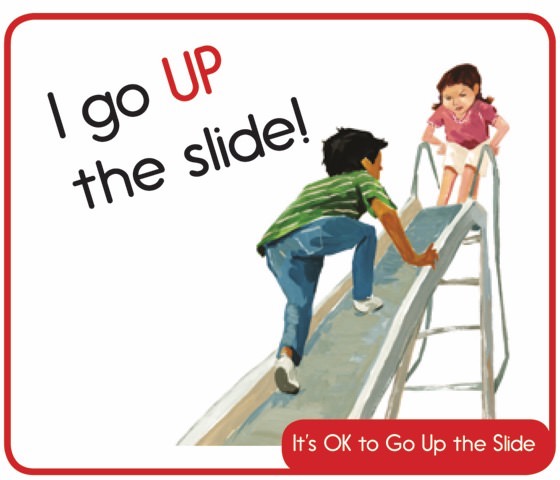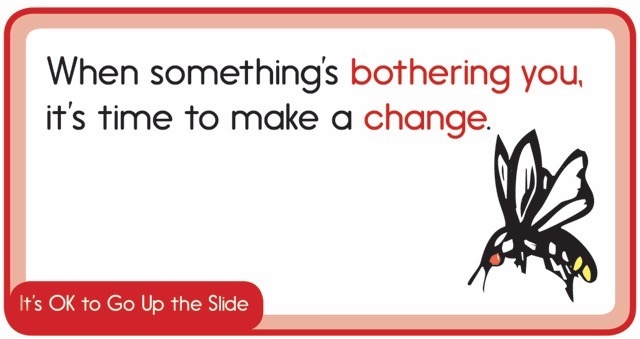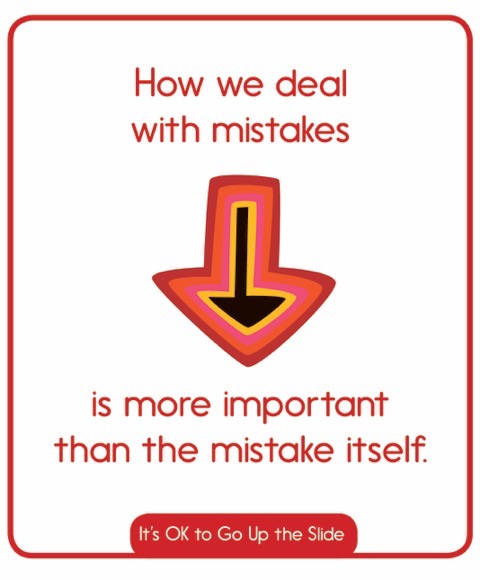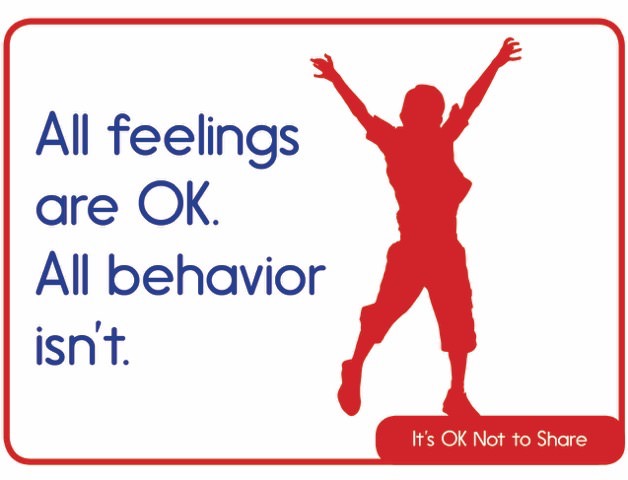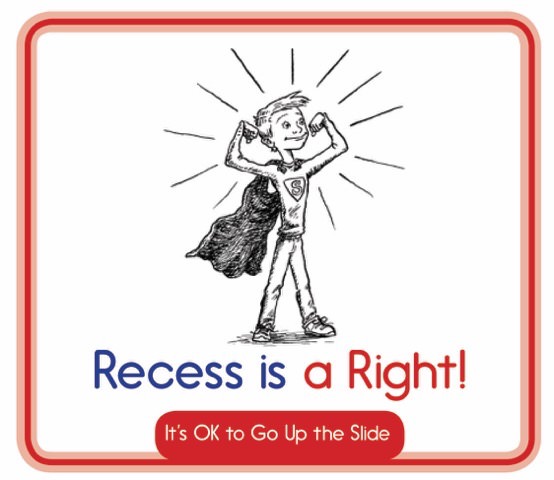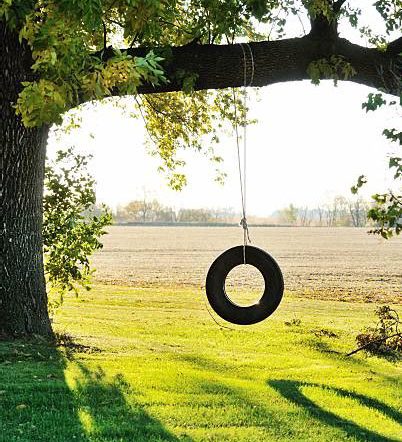
I read a news story recently about two Americans who traveled overseas to climb mountains. They stopped to visit a group children's home while they were there. Stunned to see children playing in an empty schoolyard with only old tires and no playground equipment, they came home to raise $10,000 to buy playground equipment.
This story bothered me on several levels.
For one thing, the travelers reported they were amazed to see children playing with so little. Maybe they were amazed to see children playing at all. True play can be rather rare to see these days in America.
True play is child-initiated and child-directed. It can occur on a blank playground. It can occur with a few tires. Children can play - and do play - when all they are given is space and time. My childhood elementary school playground in the US also had a blank playground. No playground equipment: just a rectangular yard with nothing in it. A year or so later they upgraded the playground by adding a few old tires. It was good either way: recess was still wonderful.
The main ingredient kids need for play, is what we often withhold: TIME.
This story made me think about play, but also about human compassion and our urge to help.
When we can help someone, it's important to ask how best to help. Raising thousands of dollars can certainly be helpful - but what does the school need? Maybe in this case another teacher, or a bus. What about a well, books for a library, or medical care?
The urge to help is wonderful. But - whether you are dealing with an overseas trip or a young child who is frustrated when her fort falls down - remember to be respectful and ask the experts. The experts are the children. The experts are the people who live there. The experts are the ones involved.
"What would you like me to do?" "How can I help?"
Pause. Ask. Listen. Together you will figure it out.
Have you ever had fun on a blank playground? What works for you when asking or accepting help?
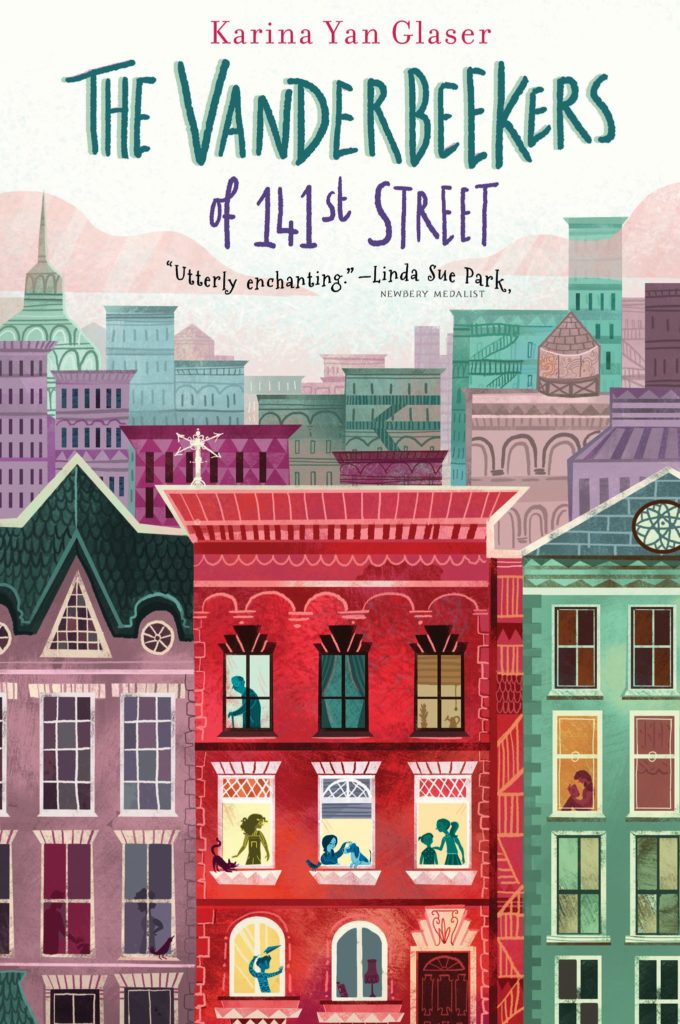
Will boys read books mainly about girls? They will if the book is good and we encourage them.
If you ask a girl what she's reading, chances are she'll rattle off a list of favorite books that feature both boy and girl characters. Girls read across gender lines. They're used to it. Many of the classic books written for children are about young boys and their adventures. Girls are used to inhabiting a boy's mind.
But what about boys? Do you ever shrink from reading a good book to a boy because it might be too girly?
Good books are good books. We shortchange boys and underestimate them when we don't expose boys to stories with girl main characters. And not just tough girl characters who fight and act like warriors. Regular girls. All kinds of girls.
Think Little House on the Prairie. The Diary of Anne Frank. Island of the Blue Dolphins. The Penderwicks. The Vanderbeekers of 141st St. And many, many more.
A recent article about adult men who shun all books by female authors made me think of this. Really? Seriously? These days? But perhaps it starts young, with lack of empathy and experience. Perhaps we adults unwittingly contribute to this when we self-select books out that "boys wouldn't be interested in."
Give boys and girls a chance. Sure, kids gravitate to a certain genre or favorite author, but our job is to widen their world and mix it up. Girls are certainly exposed to male values and interests. Boys could gain a lot from stepping into a female world.
Stories develop empathy. They get us into the mind and life of another person. Don't be frightened to push the border and be a champion for empathy.
As a Hungarian novelist said, when asked about rising hate crimes and discrimination: "Our society's biggest problem, beyond poverty, is a lack of empathy."
Go forth and kindle empathy!
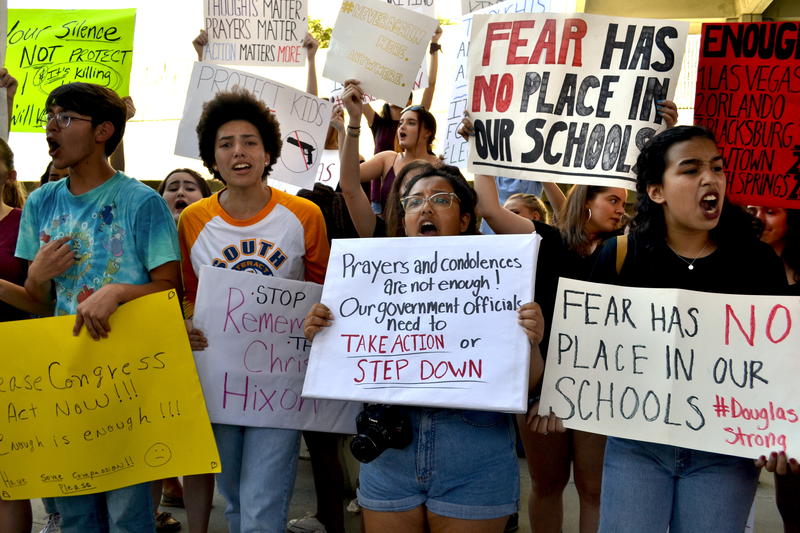
"You have enemies? Good. That means you've stood up for something." - Churchill
I'm writing this during a day of student walk-outs to protest gun violence. Speaking up for something you care about can be scary. Staying silent is scarier still.
When we speak up, or encourage our kids to speak up, we might make enemies. That's OK. In fact, if you follow the words of Winston Churchill, it's not only necessary but good. As he says:
"You have enemies? Good. That means you've stood up for something."
What would our life be like if we never woke up, stood up and spoke up? It's the basic tenant of conflict mediation. It's the essential nature of justice. Whatever the topic that bugs you, remember the central message of It's OK to Go Up the Slide:
"If something is bothering you, it's time to make a change."
That simple adage works on the level of dealing with a toddler who won't stay in bed. It works on the level of opting out of elementary school homework. It works on the level of major national issues like climate change and access to assault weapons. If something is wrong, if you know something is wrong or out of whack, it's time to make a change.
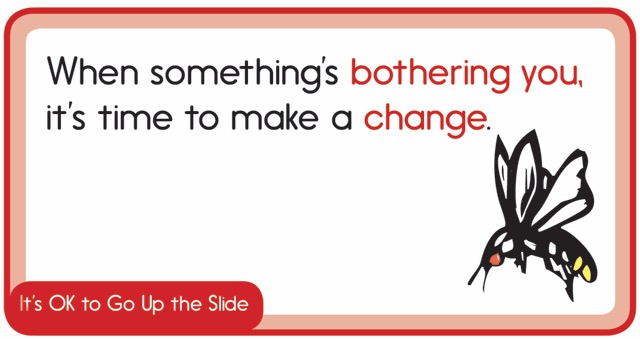
Teaching our children to question and stand up for themselves begins in preschool. It continues throughout life. My new heroes are the thousands of students who are taking on adult roles and demanding change against gun violence.
As many voices have said, the children have to be leaders because the leaders are acting like children.
If this is the way children act, let us all follow their example.
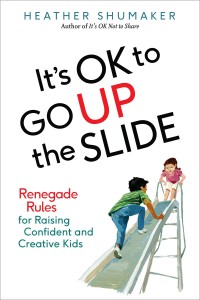
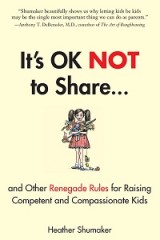 What have you stood up against that made you uncomfortable or made you enemies? What was the result? What are you standing up for today?
What have you stood up against that made you uncomfortable or made you enemies? What was the result? What are you standing up for today?

